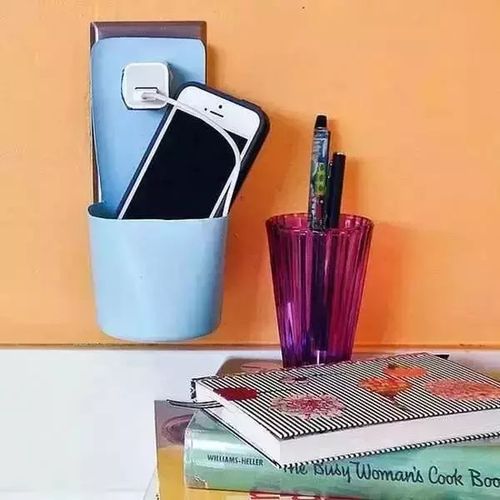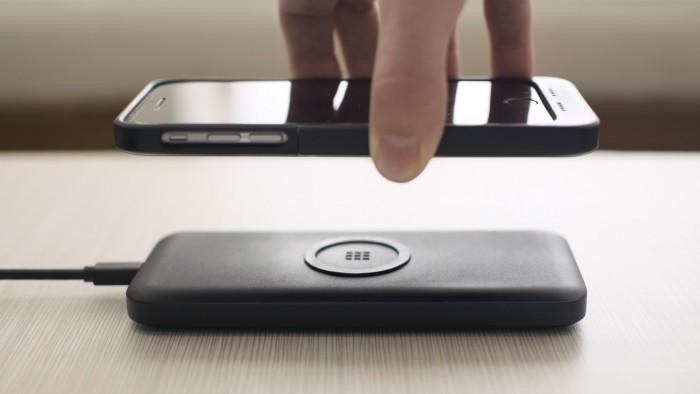What Are 9 Uses of Magnets in the House?
Uses of magnets in the home
Magnets are very common in our homes. You can easily find some iron absorbers in your home. Magnets are also very useful in our daily life. Many of our household appliances can’t work without magnets.

Book magnets:
If you are a bookworm and a regular reader, you may find that some books on the shelf use magnets (e.g. neodymium magnets) to keep them closed.
Electromagnetic knife rack:
For many people, it has been a headache to properly place some sharp kitchen utensils (such as knives and forks). We all know that it is very dangerous to put sharp knives in the drawer. With the help of magnets, sharp knives and forks can be safely fixed on the wall knife rack.
Microwave magnets:
Almost every family has a microwave oven, which brings a lot of convenience to our daily life, but have you ever thought that magnets play a very important role in the microwave oven? Usually, there are two magnets in the magnetron of the microwave oven, which is used to guide the electronic heating of food.
Laptop magnets:
We commonly use magnets for many small parts of laptops. For example, magnets are used for laptop speakers and small fan motors. In addition, you can also find a magnet on the hard drive of a portable computer (usually on the lid) so that the computer can know whether the lid is open or closed.
Phone magnets:
About the magnets, we often use them on cell phones, while small magnets are used in microphones and speakers for the purpose of capturing and emitting sound.
Magnets for vacuum cleaners:
Magnets are also one of the important components of vacuum cleaners. Vacuum cleaners work by using an electric motor to drive the blades to rotate at high speed and create negative air pressure in a sealed housing to collect dust. The motor of a vacuum cleaner uses a powerful neodymium magnet to produce high suction power.
What are some things to look out for when using strong magnets?
Reduce bumping, avoid heating and avoid magnet demagnetization.
Don’t let the magnet get close to things that are afraid of magnetism: e.g. mechanical watches, monitors, etc.
Pay attention to special magnets and don’t let them get close to various magnetic cards!
Avoid having your hands or other parts of your body caught in the magnet, and pay more attention to personal safety and protection with regard to larger magnets. When using or storing magnets, please avoid corrosive gases, high conductivity environments (such as water rich in electrolytes), acidic environments, organic solvents. Otherwise, it will cause corrosion of the magnet and weakening of the magnetic function and mechanical strength.
The magnet should be stored away from magnetic disks, magnetic cards, magnetic tapes, computer monitors, watches and other objects sensitive to magnetic fields, and electronic medical devices such as cardiac pacemakers, otherwise it is very dangerous.
Magnets are hard and brittle, so during transportation and installation, make sure that the magnets are not subjected to violent impact, if the method is not appropriate, it will easily cause the magnets to break and crack. The magnet should be shielded when transported in the magnetized state, especially the air transport must be thoroughly shielded.
Operation of the assembly must be carefully extracted one by one, to avoid the phase suction bump breakage, to prevent the magnet suction impact generated by the flying fragments into the eyes, causing harm to the human body.
